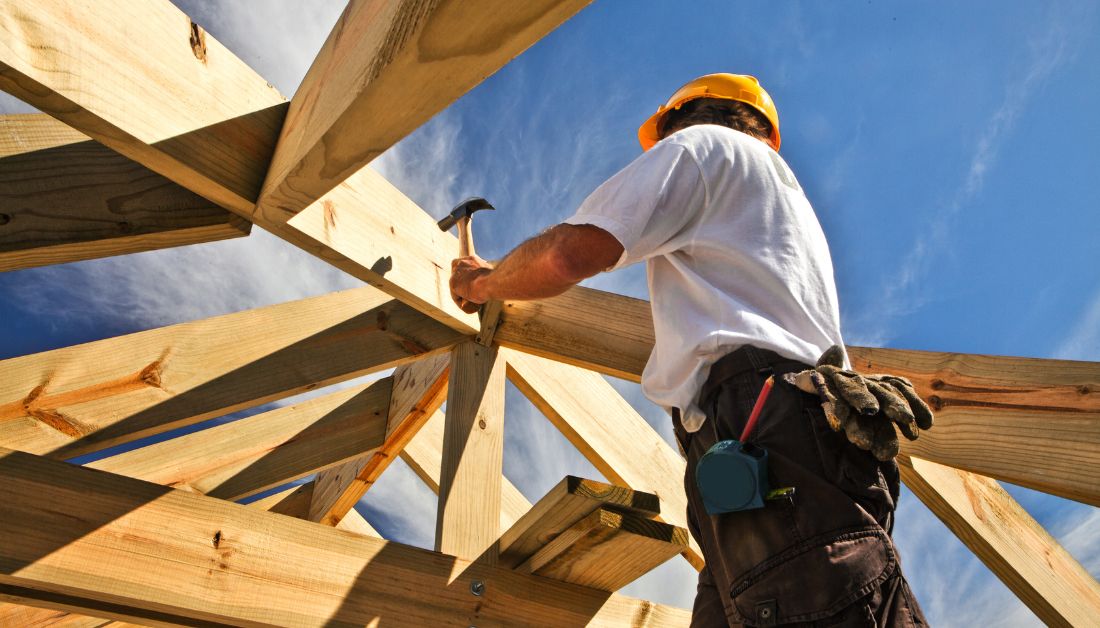The Queensland Building and Construction Commission (QBCC) is a governing body in the construction industry in Queensland, Australia. As part of its role, the QBCC sets financial requirements for construction companies operating in the state. In this article, we’ll be taking a closer look at the financial and reporting obligations of construction companies and tradies under the QBCC.
What are the responsibilities of the QBCC?
Some of the main responsibilities of the QBCC include:
- Licensing and registration: The QBCC is responsible for issuing licenses to building practitioners and ensuring that they meet the required standards of competency and professionalism.
- Disputes: The governing body provides dispute resolution services for building and construction disputes, including mediation, arbitration, and determination.
- Consumer protection: The organisation is responsible for protecting the rights of consumers in the building and construction industry. This includes ensuring that building practitioners comply with consumer protection laws and aiding consumers in resolving disputes.
- Building and construction standards: They set and enforce standards for building and construction work in Queensland, including building codes and standards for building products.
- Compliance: The QBCC is responsible for ensuring that building practitioners comply with relevant laws and regulations, and for taking enforcement action when necessary.
- Industry education and training: The body provides education and training opportunities to building practitioners to help them stay up to date with the latest industry standards and practices.
- Building insurance: The QBCC operates the Queensland Home Warranty Scheme, which provides insurance for residential building work in the state.
Who needs to register with the QBCC?
In Queensland, Australia, anyone who carries out building work valued at over $3,300 (including labor and materials) must be licensed by the Queensland Building and Construction Commission (QBCC). This includes builders, carpenters, plumbers, joiners, electricians and other tradespeople, as well as other building practitioners such as designers and engineers.
It’s worth noting that there are some exceptions to the licensing requirements, such as owner-builders who carry out building work on their own home and certain types of low-risk building work. However, in general, if you carry out building work in the state, you will need to be licensed by the QBCC.
Do tradies need to register with the QBCC?
Most tradies who carry out building work valued at more than $3,300 (including labour and materials) are required to be licensed with the QBCC. This includes, but is not limited to, builders, electricians, plumbers, carpenters, HVAC companies and others.

What reports are required to maintain my license with the QBCC?
- Financial reports: Licensed building practitioners are required to submit annual financial reports, which may include a balance sheet, profit and loss statement and cash flow statement. These reports are used to demonstrate that the licensee has the financial resources to carry out their work and to meet their obligations to clients and suppliers.
- Insurance reports: There’s a requirement to maintain insurance coverage for work, and to submit annual reports to the QBCC to demonstrate that the practitioner has the necessary insurance in place.
- Compliance reports: Licensed building practitioners may be required to submit reports demonstrating their compliance with relevant building codes and standards and with consumer protection laws.
- Continuing professional development (CPD) reports: Some practitioners may be required to complete continuing professional development (CPD) activities, and to submit reports demonstrating their participation in these activities.
What are the minimum financial requirements when registered with the QBCC?
The minimum financial requirements to register with the QBCC vary depending on the type of license you are applying for. The QBCC uses financial requirements to assess the financial stability of a building practitioner and to ensure that they have the resources to carry out their work and to meet their obligations to clients and suppliers. If you’re a tradie and need help getting your business finances in order, speak to us about our tradie accounting services.

What is a MFR Report?
A MFR Report, or Minimum Financial Requirements Report, is a report that is required by the QBCC as part of the licensing process for building practitioners in Queensland, Australia. The purpose of the MFR Report is to demonstrate that a building practitioner or company has the financial resources to carry out their work and to meet their obligations to clients and suppliers.
The MFR Report typically includes financial information such as the licensee’s net assets value, annual turnover, and cash flow. This information is used by the QBCC to assess the financial stability of the licensee and to ensure that they have the resources to complete their work in a safe and professional manner.
The MFR Report must be submitted annually as part of the licensee’s ongoing obligation to maintain their license with the QBCC.
How to meet the QBCC financial requirements and reporting obligations
Construction companies must also report any changes to their financial situation to the QBCC. This includes changes in ownership, changes to the company’s banking information, and other financial transactions. Companies must also report any significant changes to their operations, such as changes in management or the nature of their business.
In addition to these financial requirements, the QBCC also requires that construction companies maintain accurate financial records. This includes keeping track of all transactions and documenting all expenses and revenue.
Companies must also provide regular financial statements to the QBCC to demonstrate their financial stability and compliance with regulations. This is where the assistance of a qualified bookkeeper and accountant come in handy. No need to add more headcount. You can outsource this function and save time and money!
It is important to note that the QBCC can take enforcement action against construction companies that violate financial regulations. This can include fines, suspension of licenses, and even legal action. Companies that are found to be in violation of QBCC regulations can also be required to make changes to their financial practices to bring themselves into compliance.
If you need help getting your financial records in order speak to our team today.
At creditte chartered accountants & advisors we take care of the heavy lifting so that you can get back to doing what you do best!





